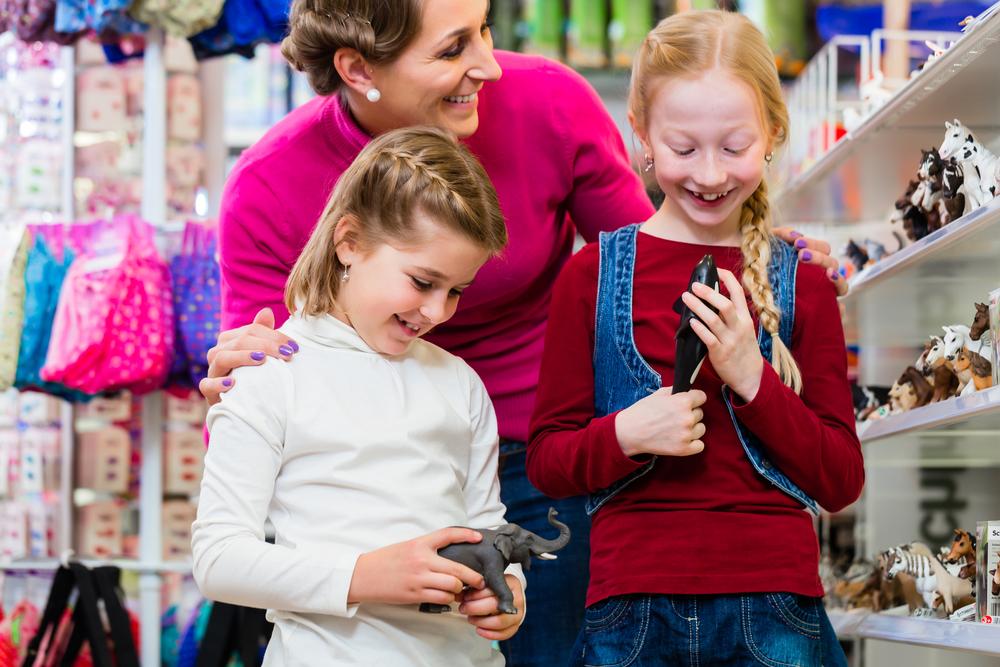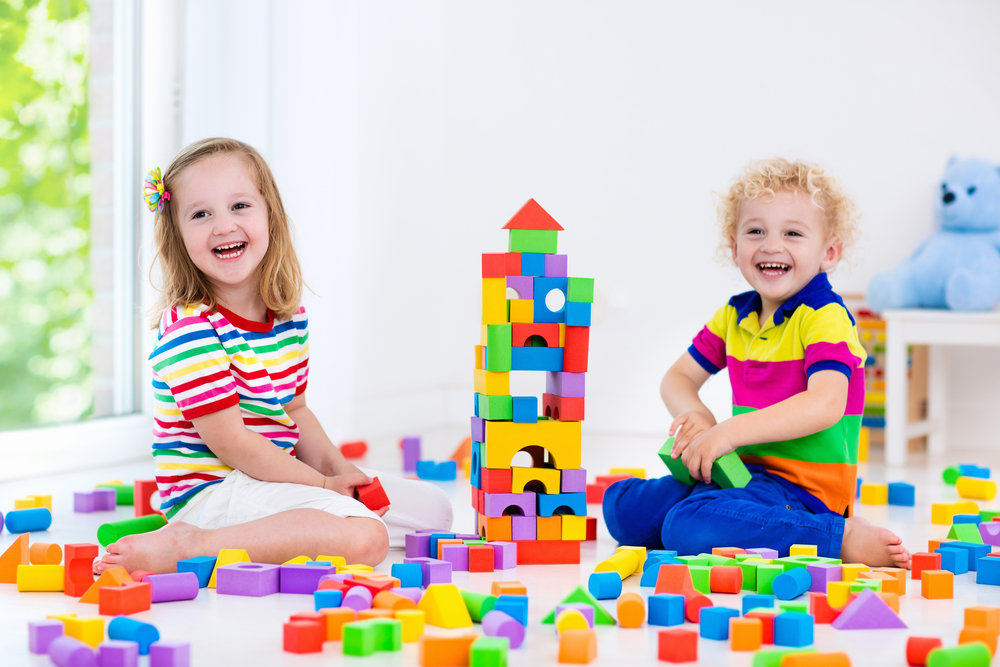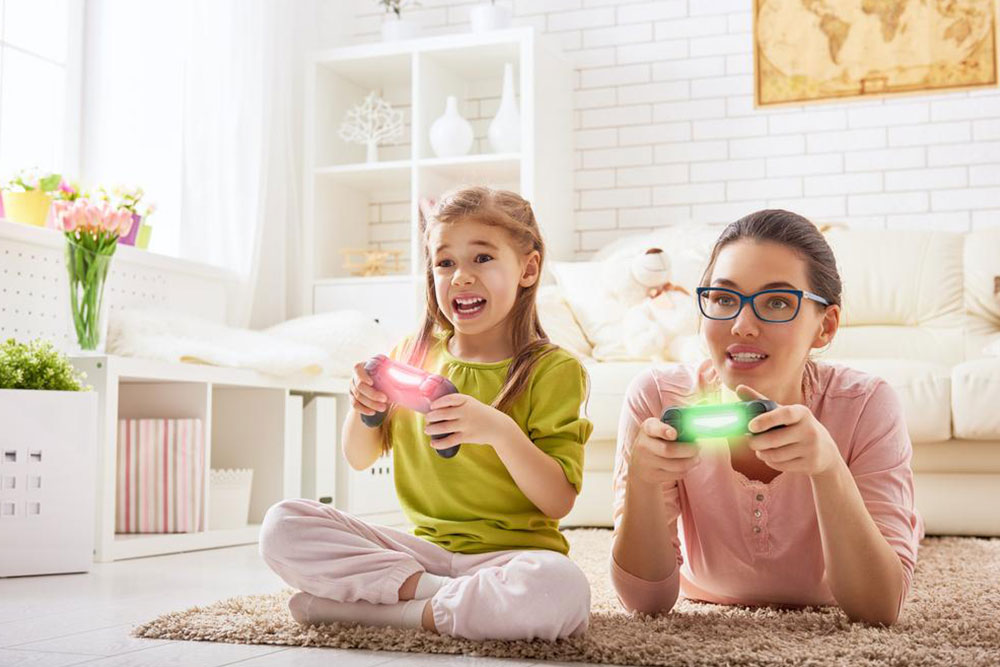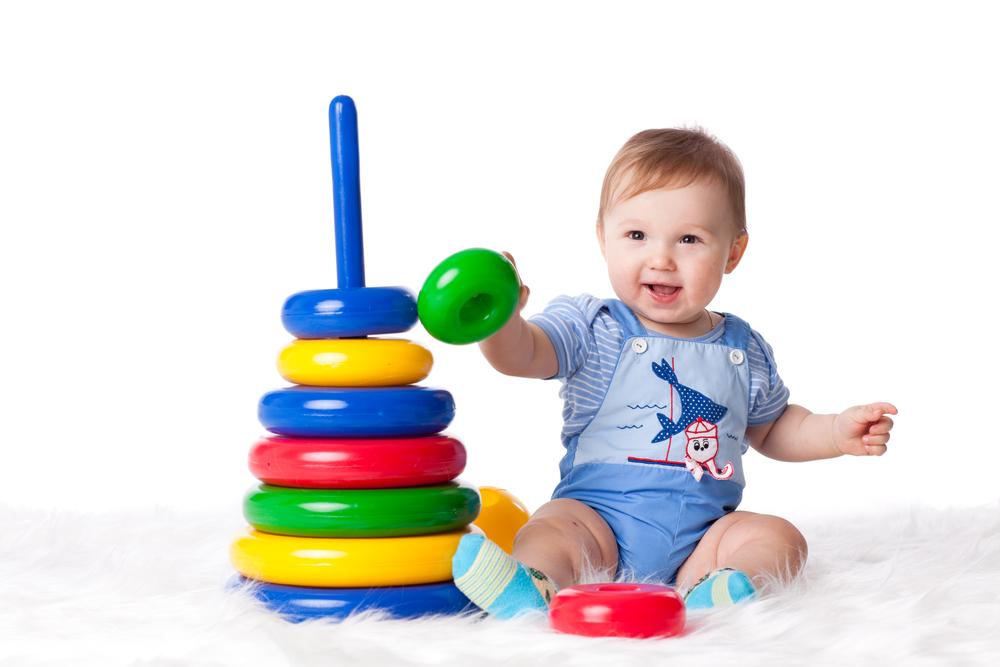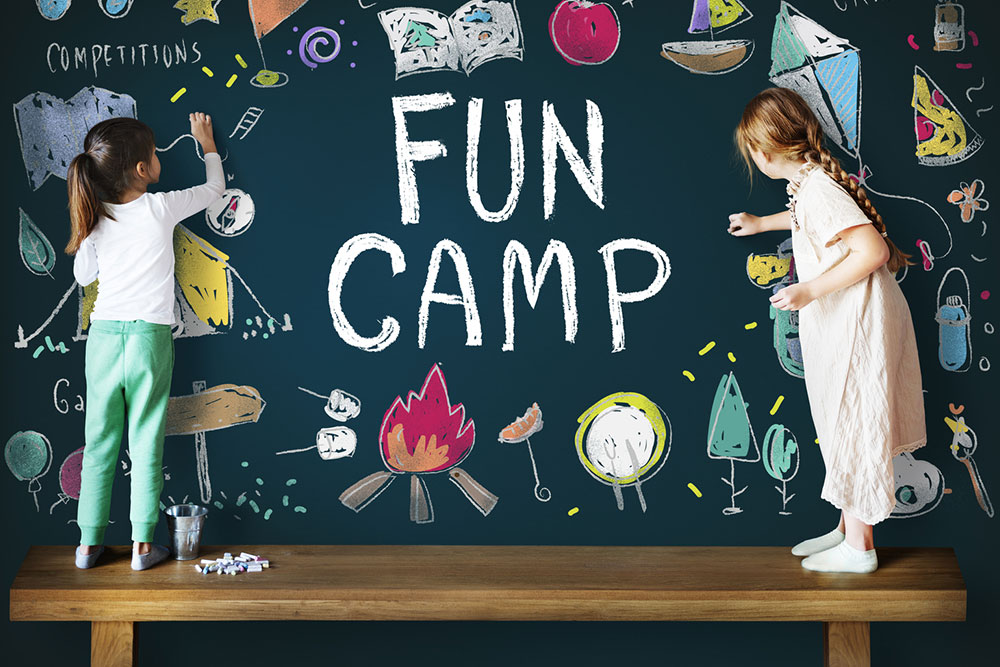Selecting Perfect Toys and Games for Your Child's Growth
Discover how to select safe, educational, and age-appropriate toys that support your child's growth. Learn key tips on quality, developmental needs, and imaginative play to foster a positive learning environment at home.
Sponsored
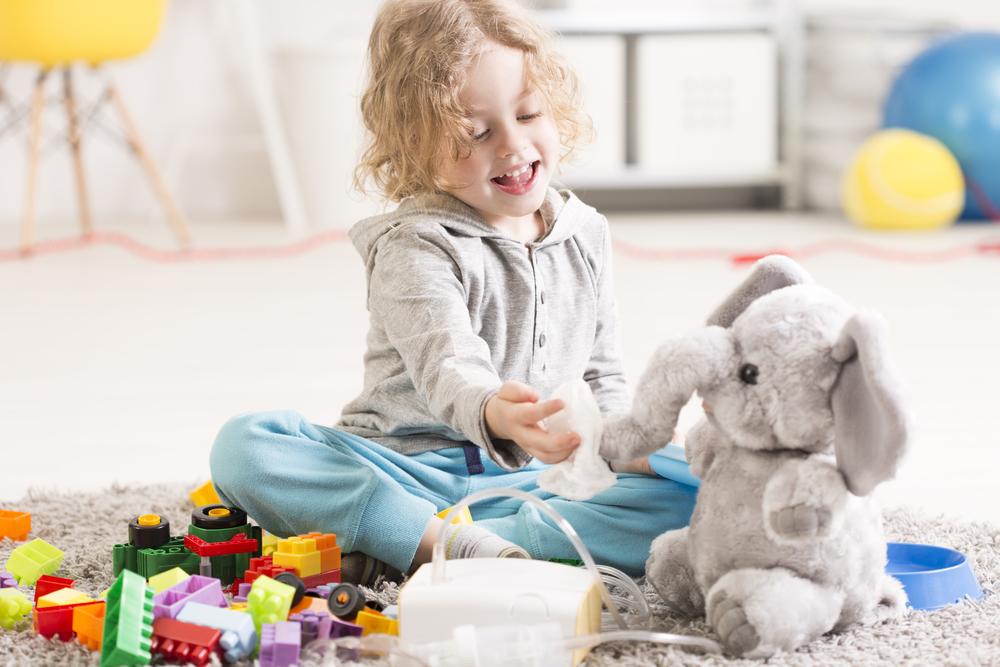
Choosing the Ideal Toys and Games for Your Child
Toys and games play a vital role in a child's development. However, not all toys provide the same benefits. What features should you consider when selecting the best options for your kid? Are more expensive toys always better than cheaper ones? If these questions interest you, understanding what makes a toy suitable for children is essential.
Here are key criteria to evaluate before purchasing toys for your little one.
Safety and Quality
The most suitable toys are crafted from non-toxic, safe materials. Always review labels for safety certifications. Check if painted toys feature non-toxic paints. Only select stuffed animals that can be easily washed and avoid those made with low-quality fibers. The materials must be chemicals-free to ensure your child's safety.
For young children, opt for toys that are washable and free of harmful substances.
Educational Value
The best toys engage and entertain simultaneously. Select items appropriate for your child's developmental stage. While other children of the same age may enjoy puzzles, your child may prefer different activities. Encourage her interests rather than forcing traditional toys that may not appeal to her. For example, building blocks, musical instruments, and role-playing sets support learning and confidence. Tailor toy choices to your child's unique needs, incorporating household items and DIY games to promote sensory and cognitive development, such as exploring textures with kitchen goods or real fruits and vegetables.
Age Suitability
Choosing age-appropriate toys ensures safety without hindering development. For infants, avoid small parts that pose choking hazards; soft rattles, teething toys, and textured rings are ideal. For toddlers, options like puzzles, vehicle toys, and art supplies foster motor skills and creativity. For preschoolers and older children, more complex puzzles and role-play sets, such as dollhouses, kitchen sets, and sandbox toys, help develop imagination and social skills. Incorporate household objects like boxes and old clothes to stimulate pretend play and make it more inventive.

